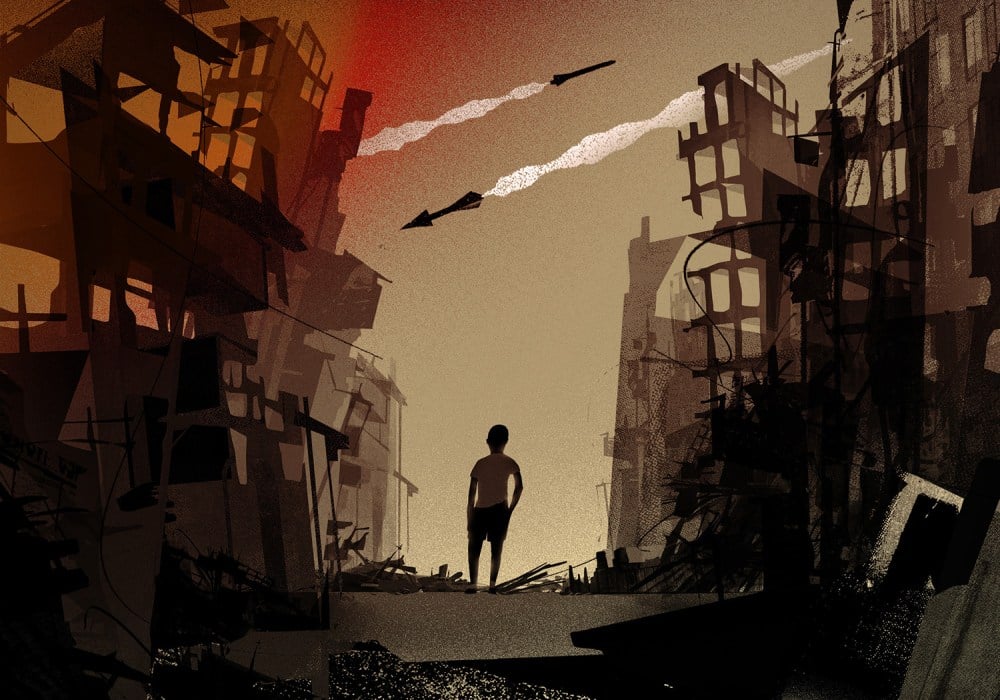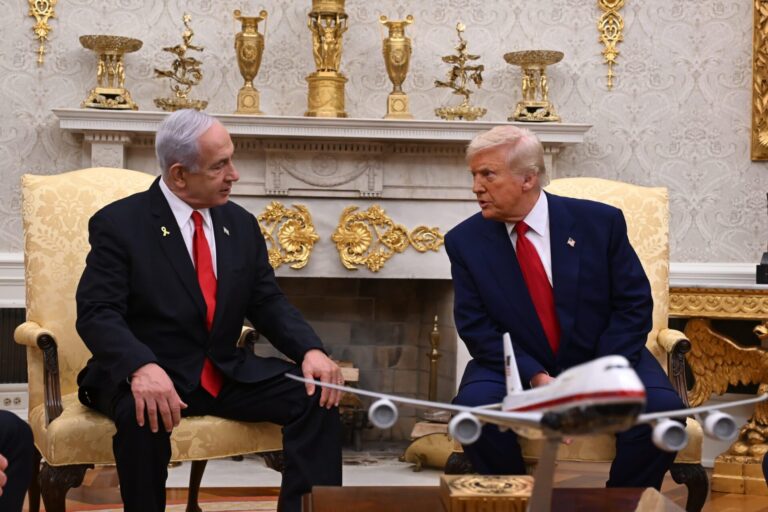The collapse of the Soviet Union in 1991 ushered in a new era around world, marked by less conflict and better relations between neighboring countries. Wars did not end entirely—they raged years in the former Yugoslavia, between Ethiopian and Eritrea, in Rwanda and elsewhere. But interstate conflicts which characterized the Cold War period seemed to ebb. In recent years, we have seen the return of regional conflict, with various countries seeking to improve their own condition at the expense of their neighbors. Russia’s invasion of Ukraine in 2022 to expand its borders is a prime example.
The war forced upon Israel on Oct. 7 last year, is a different kind of conflict—one that Westerners categorically refuse to comprehend: a war in which one party is willing to dramatically worsen its own condition in order to inflict even more harm on its neighbor. On the eve of the war, Gaza boasted luxury cars, pristine beaches, event halls and gardens, ice cream parlors. no one in Israel dreamed of expanding into Gaza or conquering the territory. And then thousands of rampaging Hamas terrorists invaded Israel on the morning of the Jewish holiday, and proceeded to murder, butcher, and rape. Similarly, Israelis had no hostile intent against Lebanon until Hezbollah started raining bombs on peaceful border communities the very next day—on homes, apple orchards, and dairy farms.
The catastrophic Israeli failure to foresee and prevent the Oct. 7 assault was not solely due to intelligence or operational lapses. It was primarily due to Israel’s misreading of the enemy. For years, the prevailing perception in Israel was that when a terrorist organization takes power, it must address civic concerns such as sewage and education, inevitably causing it to become more moderate. The three H’s—Hamas, Hezbollah and the Houthis—provide conclusive evidence that in fact, the opposite occurs. Instead of contributing to the general prosperity, these groups have focused on militarizing their own societies and fomenting hate against their neighbors. The outcome is reflected in opinion polls: overwhelming support among Palestinians for Hamas and its atrocities, and among Lebanon’s Shiite populace for the murder of Israelis.
From 1948 to 1982, Arab states—secular dictatorships aligned with the Soviet Union—attempted to eradicate Israel through conventional military invasions. One after the other, Egypt, Jordan, and Syria gradually withdrew from this cycle of conflict—realizing they could not defeat Israel. Since then, terrorist organizations, operating as proxies of Iran’s fundamentalist theocratic regime, have sought to destroy Israel through suicide bombings, rocket attacks and incursions. Israel belatedly woke up to the realization that this was not merely terrorist activity aimed at inflicting harm, but rather a comprehensive strategy threatening its very existence.
Only when our neighbors internalize the futility of trying to destroy Israel through missile attacks on civilian centers and invasions aimed at mass slaughter will this war end. It will take time. Unfortunately, the plumes of smoke billowing over Gaza and Beirut are a necessary part of that process.
Published on the “Foreign Policy” website on October 3rd, 2024







